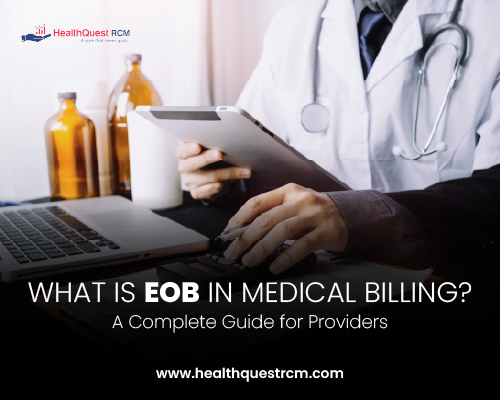Introduction
Healthcare organizations are increasingly reliant on complex digital systems from patient portals and clinical apps to revenue cycle tools and EHR platforms. As the demand for speed, security, and quality grows, so does the need for smarter software testing.
Enter automated software testing. By replacing manual testing with intelligent automation, healthcare providers and health tech companies can streamline operations, reduce errors, and scale digital innovations faster.
Here’s how automated testing is transforming healthcare technology and why it matters more than ever.
1. Faster Testing Cycles, Shorter Time to Market
Manual testing is time-consuming and labor-intensive, especially in large, integrated systems. Automated testing tools can run hundreds of test cases simultaneously and repeat them as often as needed.
What this means for healthcare:
- Quicker validation of app updates and new features
- Faster deployment of patient-facing tools
- Agile support for ongoing improvements
In a world where digital health evolves rapidly, speed matters and automation delivers it.
2. Improved Accuracy and Fewer Human Errors
In healthcare, even a small software bug can lead to serious outcomes. Manual testing increases the risk of missed defects due to fatigue or inconsistency. Automated tests, once set up, run with precision every time.
Key benefits:
- Early detection of critical issues
- Greater consistency across test environments
- Fewer bugs in production systems
By reducing human error, automated testing enhances both patient safety and compliance.
3. Enhanced Test Coverage
Automated testing allows for broader and deeper test coverage, including edge cases, negative scenarios, and device compatibility, all of which are essential in complex healthcare applications.
Why this matters:
Healthcare platforms must perform flawlessly across multiple devices, user types, and regulatory requirements. Automation makes it possible to test more scenarios, more often.
4. Cost Efficiency Over Time
While the initial setup of automation requires investment, it pays off quickly by reducing manual labor and support costs. Automated tests can be reused across releases and require fewer resources to maintain over time.
Cost-saving impacts:
- Lower total QA expenses
- Fewer production issues and downtime
- More efficient use of IT and development teams
With budgets tight and demand high, automation helps healthcare IT teams do more with less.
5. Better Compliance and Regulatory Readiness
Healthcare apps must meet strict standards like HIPAA, FDA regulations, and HL7 interoperability. Automated testing helps validate that systems remain compliant after each code change, update, or integration.
What’s automated:
- Security checks
- Audit trails and reporting
- Data validation across integrated systems
This reduces audit risks and ensures that compliance is continuous, not reactive.
Conclusion
Automated software testing is no longer optional in healthcare, it’s essential. As digital tools become more critical to care delivery, organizations need testing that is faster, smarter, and more reliable.By investing in automation, healthcare systems can improve software quality, reduce costs, and deliver better digital experiences for both patients and providers.
Efficiency, accuracy, and trust start with testing and automation leads the way.
Ready to strengthen your healthcare applications with faster, smarter, and safer testing?
At Perficient Healthcare, we help organizations implement automated testing strategies that improve quality, speed up delivery, and reduce costs without compromising compliance.
Let’s build a better, more reliable digital health ecosystem. Visit perficienthc.com to connect with our healthcare technology experts.
Frequently Asked Questions
It is the use of specialized tools to automatically test healthcare applications and systems for functionality, performance, and security, reducing the need for manual testing.
Healthcare applications handle sensitive data and critical workflows. Automated testing ensures they function properly, remain secure, and comply with regulations while saving time and cost.
Yes. Automated tests can verify data encryption, access controls, audit logs, and integration accuracy, supporting compliance with HIPAA, FDA, HL7, and other standards.
No. Even mid-sized providers and digital health startups benefit from automation by improving release speed, reducing errors, and enhancing user confidence.
Start by identifying repeatable test cases, selecting the right testing tools, and partnering with a team experienced in healthcare regulations and digital platforms—like Perficient Healthcare.

